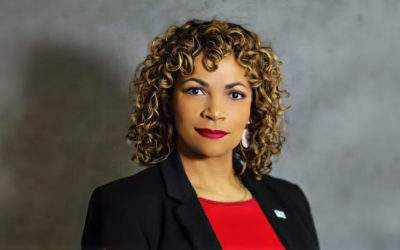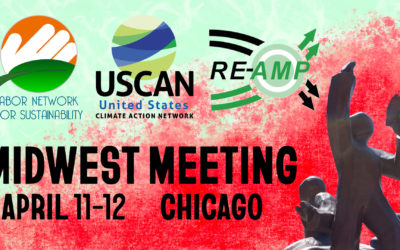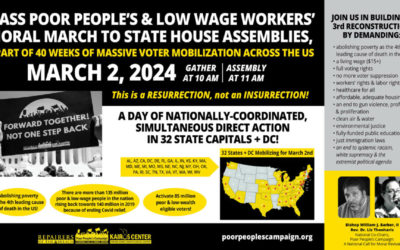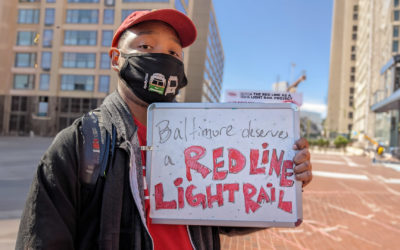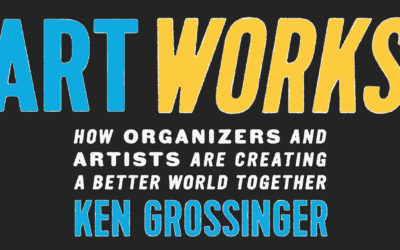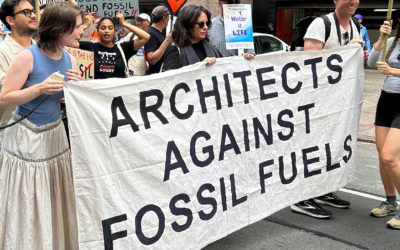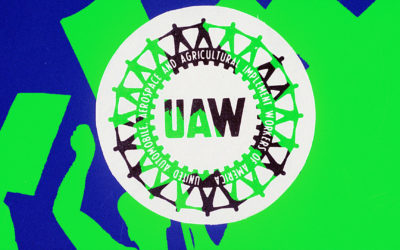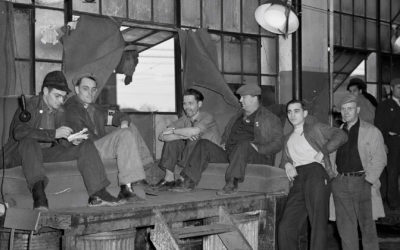Climate Strikes
Popular Enforcement of International Law from Vietnam to Gaza
The International Court of Justice has found that Israel’s actions in Gaza may constitute genocide in violation of international law. A US District Court has endorsed that finding and added, “It is every individual’s obligation to confront the current siege in Gaza.” What can we learn from history about the responsibility of individuals to confront war crimes and how it may be possible to do so.
LNS Spotlight: April Sims, New Member of the LNS Board
April Sims (she/her) is a new member of the LNS Board.
Midwest Labor-Climate Meeting – Final Opportunity to Apply!
April 11th – 12th in Chicago, LNS and the US Climate Action Network (USCAN) are bringing representatives of the labor-climate movement together from across the Midwest to learn from one another, deepen relationships, and develop collective strategies in pursuit of a just transition.
March 2: Join the Poor People’s and Low-Wage Workers’ Statehouse Assemblies
The Poor People’s Campaign is holding a day of nationally-coordinated direct action in 32 state capitols and D.C. on March 2.
Transit Equity Day Promotes “Stronger Communities through Better Transit”
To mark Climate Equity Day 2024, LNS Transit Organizer Bakari Height wrote in an Op Ed published in five newspapers…
ART WORKS
Ken Grossinger is a movement activist and organizer with 35 years’ experience under his belt. He has spent his life serving movements for social and economic justice — in unions, in community organizations, and in philanthropy.
LNS Co-director Joshua Dedmond on “Cooperative Economics”
Joshua Dedmond is not only Co-executive Director of the Labor Network for Sustainability – he is also Program Director for Cooperation Jackson, a pioneering effort to use coops to foster economic equity, sustainability, and community empowerment.
Architectural Workers Call for a Green New Deal and a Just Transition
The Architecture Lobby (TAL) is a grassroots organization of architectural workers that advocates for just labor practices and an equitable built environment.
How Auto Workers and the Climate Movement Joined to Fight for a Just Transition
The UAW strike against the auto industry Big Three won not only better wages and conditions for auto workers, but also forged a pathway for a just transition to climate-safe vehicle production for the US auto industry.
LNS Historian Recounts the Rise of Industrial Unionism
In an interview for the podcast series “Organize the Unorganized: The Rise of the CIO,” labor historian and LNS co-founder and Senior Advisor Jeremy Brecher recounts the rise of industrial unionism in the 1930s:…

